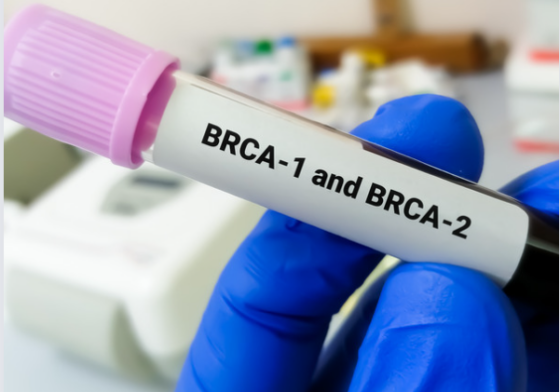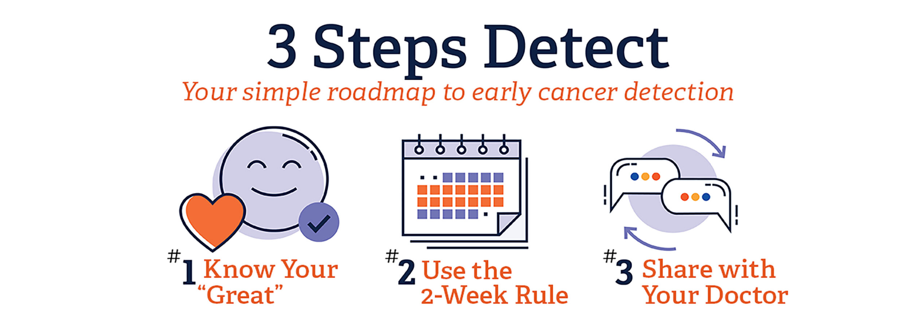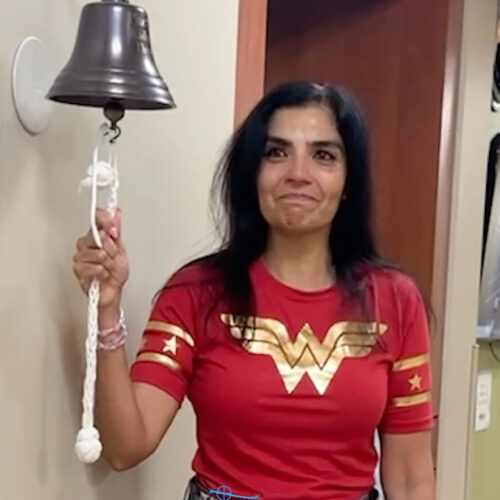
BRCA gene variants are well-known for their association with breast and ovarian cancers, but they also signal the risk of other cancers, including pancreatic, prostate, and skin cancers. Here’s a breakdown of how BRCA mutations relate to cancers beyond breast cancer risk:
BRCA1 and BRCA2 are genes that produce proteins responsible for repairing damaged DNA. When these genes are mutated, their ability to repair DNA is compromised, which can lead to cancer.
– BRCA2: Mutations in the BRCA2 gene are associated with a 3 to 10-fold increased risk of developing pancreatic cancer, an increased risk of developing melanoma, a serious form of skin cancer, and for men a 3 to 5-fold increased risk of developing prostate cancer.
– BRCA1: While BRCA1 mutations are more closely associated with breast and ovarian cancers, some evidence suggests an increased risk of pancreatic cancer, although it is less pronounced compared to BRCA2. BRCA1 mutations may also increase the risk of melanoma and have been associated with a modestly increased risk of prostate cancer.
Pay Attention to the Signals Your Body Sends
Pancreatic cancer – may cause vague, nonspecific symptoms that persist, such as pain, gastrointestinal, weight loss, and fatigue.
Skin cancer– watch for skin changes, new moles, changes to moles or sores that don’t heal
Prostate cancer – changes in urination frequency, flow, pelvic discomfort, blood in urine or semen
If you are not back to feeling “Your Great” within 2 weeks, make sure to call your doctor and get checked out.
When it comes to cancer…TIMING is EVERYTHING.
Empower yourself with these early cancer detection skills known as 3 Steps Detect:

If you have a BRCA mutation or a family history of cancer, discussing your personal risk and options with a genetic counselor or oncologist can provide tailored guidance and support.
References
“Pancreatic Cancer Genetic Mutations.” Pancreatic Cancer Action Network, https://pancan.org/facing-pancreatic-cancer/about-pancreatic-cancer/risk-factors/genetic-hereditary/genetic-mutations/. Accessed 8 Aug. 2024.
BRCA Gene Mutations: Cancer Risk and Genetic Testing Fact Sheet – NCI. 3 Aug. 2024, https://www.cancer.gov/about-cancer/causes-prevention/genetics/brca-fact-sheet.
“Home.” Pancreatica.Org, https://pancreatica.org/. Accessed 8 Aug. 2024.






